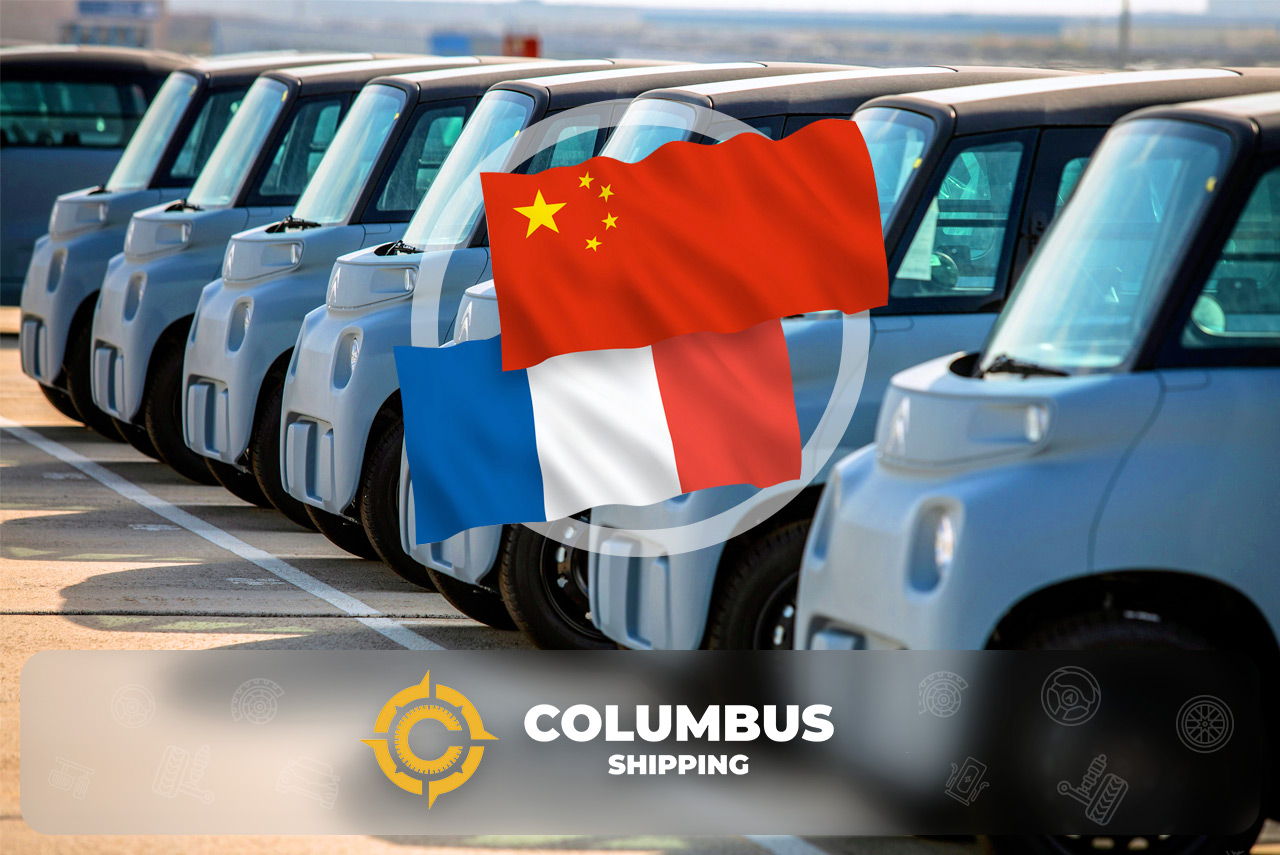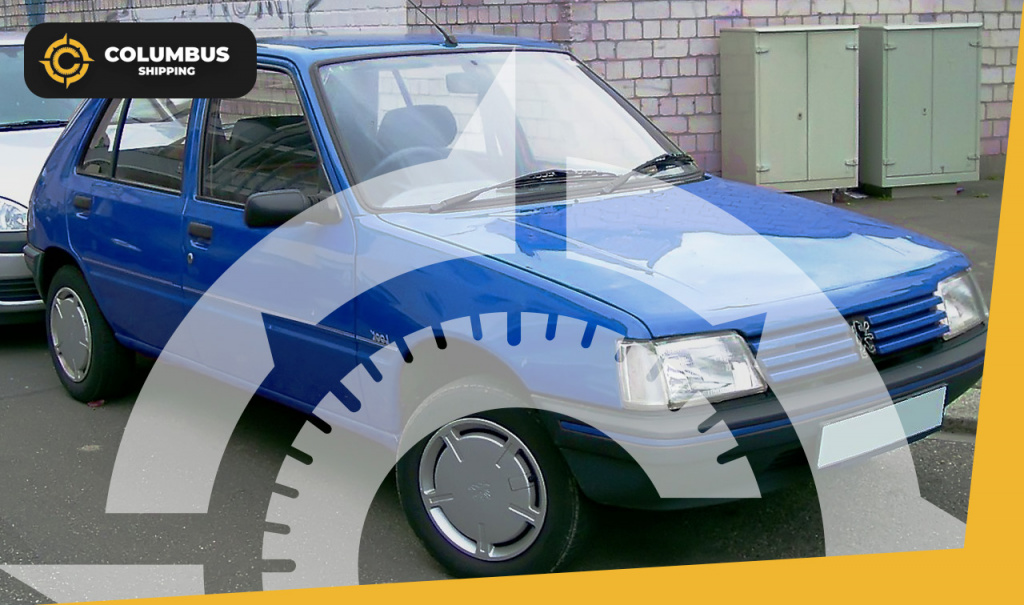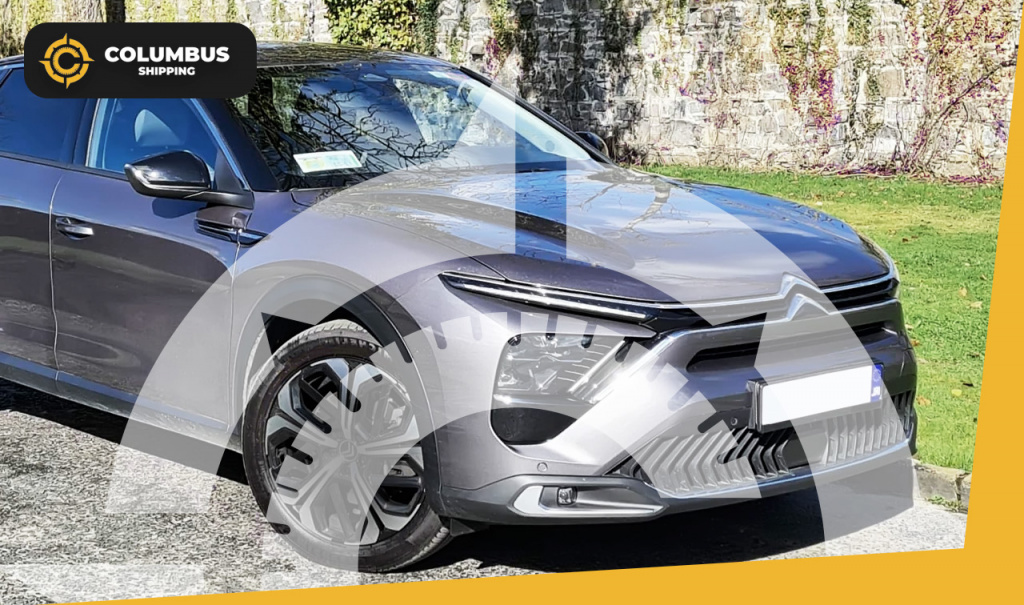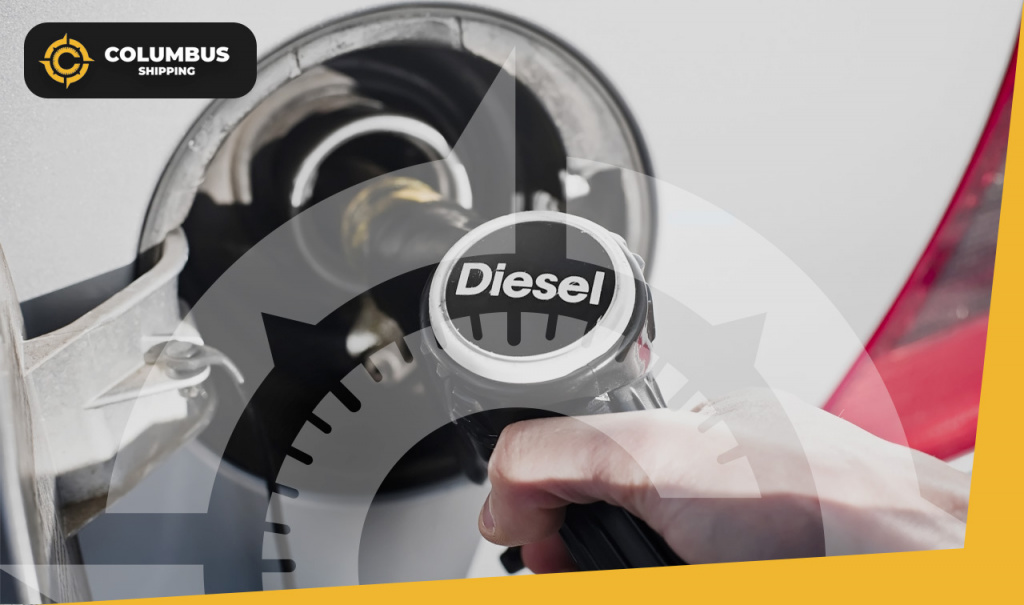Why Are There No French or Chinese Сars in America and Why Is Diesel Unpopular?

Are there any French or Chinese cars in the North American region? Is it worth thinking about purchasing a vehicle like that and where to look for worthy ones? Why is it so hard to find a car with a diesel engine in the US? Columbus managers often get these questions from the company's customers and we believe it's time to bring some clarity here.
A closer look at the used car market in the US reveals several things.
Firstly, it is kind of obvious that it is full of American car brands. Secondly, there are plenty of Japanese (Toyota) and even South Korean (KIA) car manufacturers present there. Thirdly, you can find vehicles from European automakers as well - Italian sports cars (Ferrari), British cars and SUVs (classic Jaguars or Land Rovers).
But the French auto industry is simply absent there. Of course, you might stumble across a rare French car but it would usually be a collector’s item. Let us take a look at the reasons why Peugeot, Citroën and Renault, as well as Chinese brands and cars assembled for the countries of the former Soviet countries are not represented in the US market.

Reason 1. Financial difficulties
In the 1980s, French automakers were actively working with European buyers. The PSA Peugeot Citroën group even bought Chrysler's dealership network for sales in Europe but soon encountered serious financial difficulties. For nearly five years, Europe's second largest manufacturer suffered direct losses, while Japanese automakers were winning over the States. In the end, the French finally lost their battle for the American buyer. Although PSA Peugeot Citroën was represented in the US by popular urban sedans and hatchbacks, but not for long.
Reason 2. A fierce competition between the Americans and the Japanese.
French cars were caught in the crossfire during the automobile wars. American and Japanese automakers offered the best cars in terms of design and performance. PSA, on the other hand, significantly overpriced its models and was basically trying to compete with industry leaders although it was lagging behind in many respects. Traditionally, since the hungry post-war years, French engineers designed cars with least powerful engines that consumed little fuel. They also tried to save on metal which did not reflect well on the car’s reliability. As a result, a French car could travel 200 thousand miles, and a Japanese one could do 250 thousand while being on par in terms of efficiency - actually beating the French by 10-15%.
The outcome was bad for the French – Americans stopped buying European cars.
Reason 3. Protecting the interests of local companies.
In the 90s, the US passed strict legislative measures to protect the interests of American car manufacturers. For some reason, car import duties hit PSA the hardest. This is all the more surprising given that overall, the French automotive industry has performed better in terms of revenue than the Italian one over the past 50 years, not to mention the almost dead British industry which is now owned and operated by the Germans (Mini, Bentley, Rolls Royce, Vauxhall), Indians (Jaguar and Rover) and Chinese (MG).
Reason 4. Americans’ dislike of French quirks.
Most Americans are not too thrilled about French cars because of their unusual appearance – just take the experiments with the Citroen DS design for example. The exotic French cars were completely rejected by Americans - they were just too much of a change of their idea about what a car should look like. US drivers were accustomed to large SUVs and pickups, and miniature sedans and station wagons just did not work for them.
What should have resulted in progress - French engineers designed each new model from scratch rather than upgrading popular models - turned into PSA’s disappearance from the US car market.
Reason 5: Poor safety.
The French lost the competition in the US not only due to the technical side of things. The fact is that in the mid-90s, vehicle safety standards in the United States underwent drastic changes. Americans have become more demanding to European cars and manufacturers had to quickly realign and create a model line specifically for the North American region. Japanese and some European brands succeeded in this and were rather quick about it. Citroen, Peugeot and Renault were too slow and as a result gave way to more efficient companies.

Why are there no cars from China in the US?
There are also no cars from the Middle Kingdom in the US. The reason lies on the surface - Japanese and Korean manufacturers have successfully filled the import market demand. In addition, no Chinese company has ever submitted a car that was successfully approved for sale by the US officials, i.e. it met the legal safety and eco requirements. Another reason is that all US states have laws requiring new cars to be sold through registered dealerships only and this is not the kind of problem that can be solved overnight.
To be fair, when you buy a Volvo S60 or Buick Envision, or Cadillac CT6 Hybrid, you are purchasing a vehicle that is directly related to China since Volvo, for instance, is now owned by the Chinese.
Station wagons and diesels.

Also, there are almost no cars with diesel engines or station wagons in the US. Yes, there are station wagon options for European VW Golf on the market but you won’t find a VW Passat one. And no need for it, since dealerships have plots and lots of powerful and spacious SUVs.
As for why diesel engines are not popular in America, the explanation is simple - taxes on diesel fuel are much higher than taxes on gasoline. This is not the only reason but it is the main one.
Help in the service




















